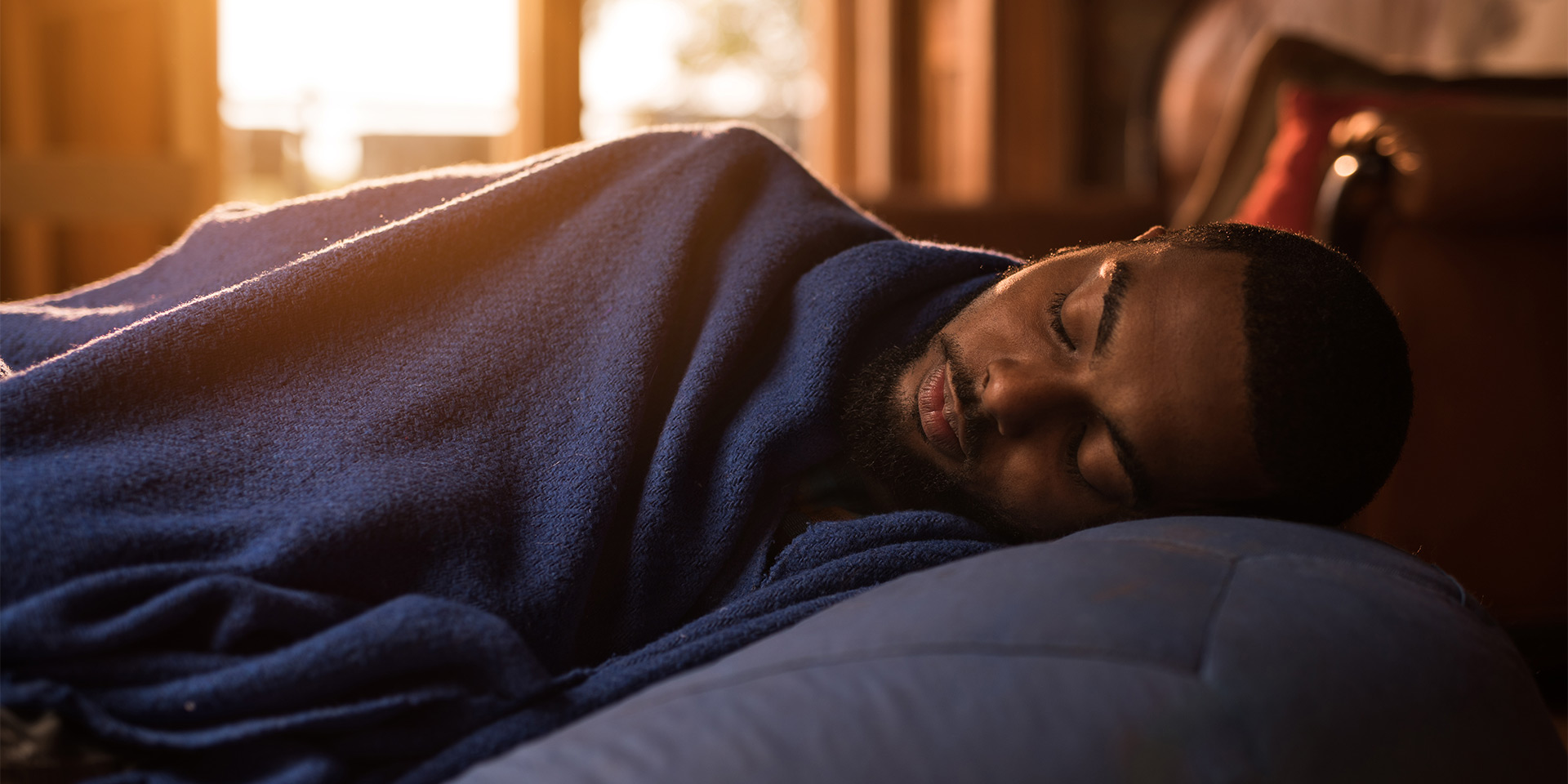Numerous studies have shown the negative effects of sleep deprivation. However, the problem of excessive sleep is also something to be wary of.
Experts recommend that adults sleep around 7-9 hours per night. However, this might vary depending on age, activity level, health condition or even lifestyle, according to WebMD.
Why we sometimes oversleep
In some cases, excessive sleep can be the result of a medical disorder. This is the case of people suffering from hypersomnia who have the tendency to oversleep during the night, but also experience strong sensations of drowsiness during the day. The same thing happens for people who suffer from sleep apnea, a disorder of the respiratory system which frequently interrupts the natural sleep cycle.
Aside from medical problems, excessive sleep may be generated by alcohol consumption or using certain medications, as well as by depression.
How prolonged sleep affects our lives
Sleeping more than the recommended hours (but also sleep deprivation) could lead to premature ageing of the brain by up to seven years, according to a British study. Scientists at University College London Medical School initiated an experiment to test memory, reasoning ability and vocabulary, carried out on a sample of over 5,400 women and men between the ages of 35 and 55. Results showed that around 8% of those who slept more than 6-8 hours got much weaker scores for all tests, compared to the participants who slept less than six hours a night.
Excessive sleep may also contribute to the development of cardiovascular problems. A study conducted on approximately 72,000 women showed that sleeping more than 9 hours may increase the risk of developing coronary heart disease by 38%, compared to sleeping eight hours a night.
The dangers of excessive sleep: it increases the risk of developing diabetes
Another study conducted on a sample of 9,000 people showed that sleeping more than 9 hours a night may increase the risk of developing diabetes by 50%, compared to people who sleep eight hours a night, the same source shows.
Obesity is another problem caused by prolonged sleep. People sleeping more than 9-10 hours a night are 21% more likely to develop such a problem within six years, unlike those who do not exceed 7-8 hours of sleep, a study quoted by WebMD showed.
Around 15% of people suffering from depression have the tendency to oversleep.
It is important to evaluate the amount of sleep you are used to getting on a night-to-night basis. If you observe that you are sleeping for an insufficient or excessive amount of time, you should identify the reasons. If you do not use alcohol or medicate using drugs which might alter your sleep, it is vital to ask for a doctor’s opinion. In addition, you can apply some of these useful tips to ensure a restful sleep.


















